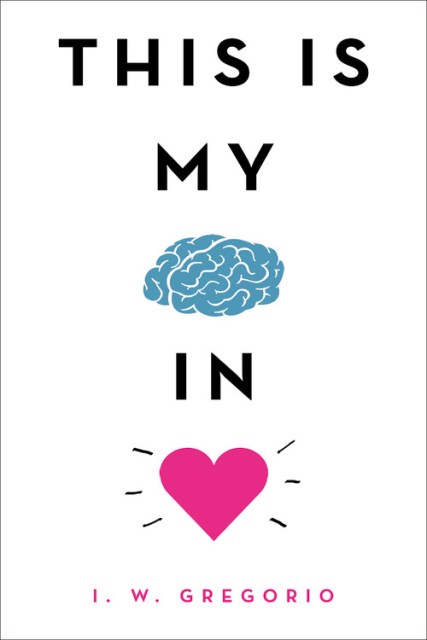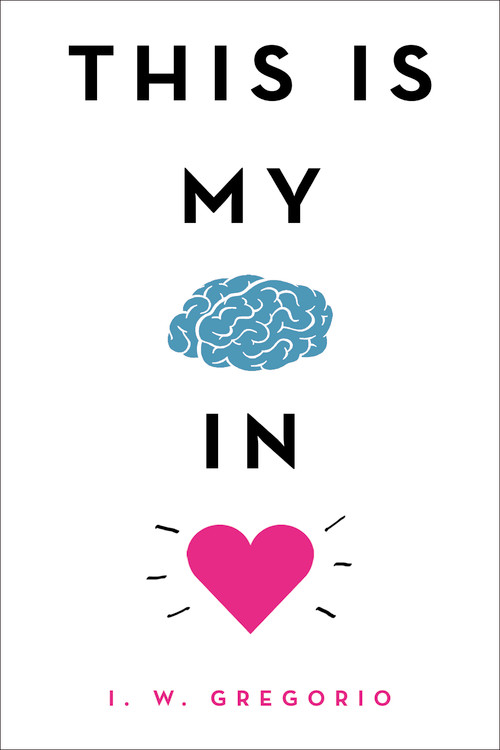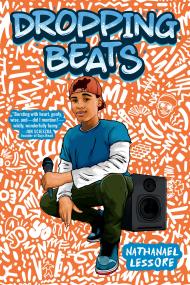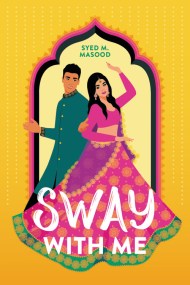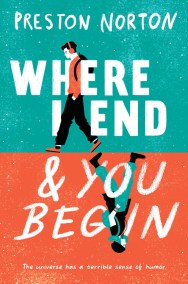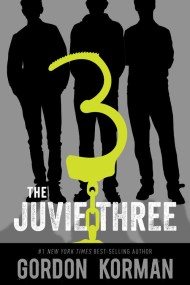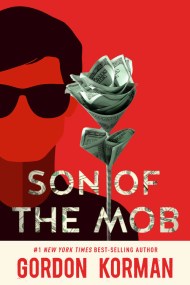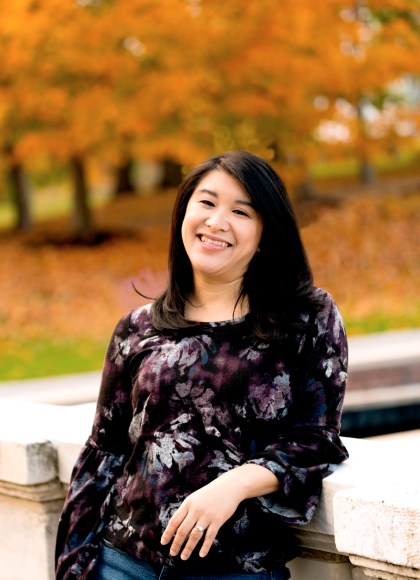By clicking “Accept,” you agree to the use of cookies and similar technologies on your device as set forth in our Cookie Policy and our Privacy Policy. Please note that certain cookies are essential for this website to function properly and do not require user consent to be deployed.
This Is My Brain in Love
Contributors
Formats and Prices
- On Sale
- Apr 14, 2020
- Page Count
- 384 pages
- Publisher
- Little, Brown Books for Young Readers
- ISBN-13
- 9780316423823
Price
$18.99Price
$23.99 CADFormat
Format:
- Hardcover $18.99 $23.99 CAD
- ebook $8.99 $11.99 CAD
- Audiobook Download (Unabridged)
- Trade Paperback $11.99 $15.99 CAD
This item is a preorder. Your payment method will be charged immediately, and the product is expected to ship on or around April 14, 2020. This date is subject to change due to shipping delays beyond our control.
Buy from Other Retailers:
A Bank Street Best Book of the Year!
Told in dual narrative, This Is My Brain in Love is a stunning YA contemporary romance, exploring mental health, race, and, ultimately self-acceptance, for fans of I Am Not Your Perfect Mexican Daughter and Emergency Contact.
Jocelyn Wu has just three wishes for her junior year: To make it through without dying of boredom, to direct a short film with her BFF Priya Venkatram, and to get at least two months into the year without being compared to or confused with Peggy Chang, the only other Chinese girl in her grade.
Will Domenici has two goals: to find a paying summer internship, and to prove he has what it takes to become an editor on his school paper.
Then Jocelyn’s father tells her their family restaurant may be going under, and all wishes are off. Because her dad has the marketing skills of a dumpling, it’s up to Jocelyn and her unlikely new employee, Will, to bring A-Plus Chinese Garden into the 21st century (or, at least, to Facebook).
What starts off as a rocky partnership soon grows into something more. But family prejudices and the uncertain future of A-Plus threaten to keep Will and Jocelyn apart. It will take everything they have and more, to save the family restaurant and their budding romance.
Then Jocelyn’s father tells her their family restaurant may be going under, and all wishes are off. Because her dad has the marketing skills of a dumpling, it’s up to Jocelyn and her unlikely new employee, Will, to bring A-Plus Chinese Garden into the 21st century (or, at least, to Facebook).
What starts off as a rocky partnership soon grows into something more. But family prejudices and the uncertain future of A-Plus threaten to keep Will and Jocelyn apart. It will take everything they have and more, to save the family restaurant and their budding romance.
-
"Anxiety and depression can turn your brain into a fake news factory. With THIS IS MY BRAIN IN LOVE, I.W. Gregorio delivers a warm, honest, and timely story about friendship, family, love and asking for help when you need it. The chemistry between Jocelyn and Will is so crackling and irresistible, you'll fall in love, too."Mary McCoy, author of Printz Honor Book I, Claudia
-
"If there's only one book you read this year, please let it be This is Your Brain in Love! Everyone needs to read this beautiful and important book not only because it manages to be both laugh-out-loud funny and grab-a-tissue moving, but it's a novel that can open eyes, change minds, and hopefully change lives. Gregorio's writing made my heart hurt even as I was falling in love with Jocelyn and Will, two characters as complex and real as you'll ever meet on a page."Ellen Oh, author of A Thousand Beginnings and Endings
-
"Sweet, funny and full of feeling, This is My Brain in Love is a heartfelt and earnest look at mental health in the Asian American community. Gregorio captures so many truths about living with anxiety and depression in a story full of humor, wisdom and generosity. This is a book I needed as a teenager."Kelly Loy Gilbert, author of Lost Angeles Times Book Prize Finalist Picture Us in the Light
-
"This is My Brain in Love is a sweet, honest love story about navigating mental illness, cross-cultural relationships, and self-acceptance. Humor and heart, happy and sad combine into a complex, contemporary romance as perfectly-blended as amah's dumplings."Mackenzie Lee, NYT bestselling author of The Gentleman's Guide to Vice and Virtue and Loki: Where Mischief Lies
-
"Line by zinging line, I.W. Gregorio's second novel delights your brain and steals your heart. A deliciously, delicately wrought tapestry of culture, families and the fragile parts of ourselves that we should all learn to embrace."Abigail Hing Wen, author of Loveboat, Taipei
-
"Authentic and fresh, I.W. Gregorio serves up a first-rate romance between two teens whose differences may prove too hot to handle. This is my bookish heart in love."Stacey Lee, award winning author of Outrun the Moon
-
"Amazing story of the struggle to balance love and brains, and instead finding joy. Absolute perfection."Laurie Halse Anderson, bestselling author of Speak and Shout
-
"A sweet, entertaining romance."Kirkus
-
*"Deftly navigating issues of race and mental health, as well as giving voice to the reality of American teens born to immigrant families, many of whom grapple with different cultural and familial expectations, Gregorio has written a heartwarming foodie rom-com."School Library Journal, starred review
-
*"Readers will come to this story for dynamic romantic and familial relationships, but they'll stay for its smart exploration of depression, anxiety, and self-care."Publishers Weekly, starred review
-
"...will win readers with its sweet, sparky romance and its business-savvy plotline that celebrates young people working hard to overcome the odds."BCCB
Newsletter Signup
By clicking ‘Sign Up,’ I acknowledge that I have read and agree to Hachette Book Group’s Privacy Policy and Terms of Use
